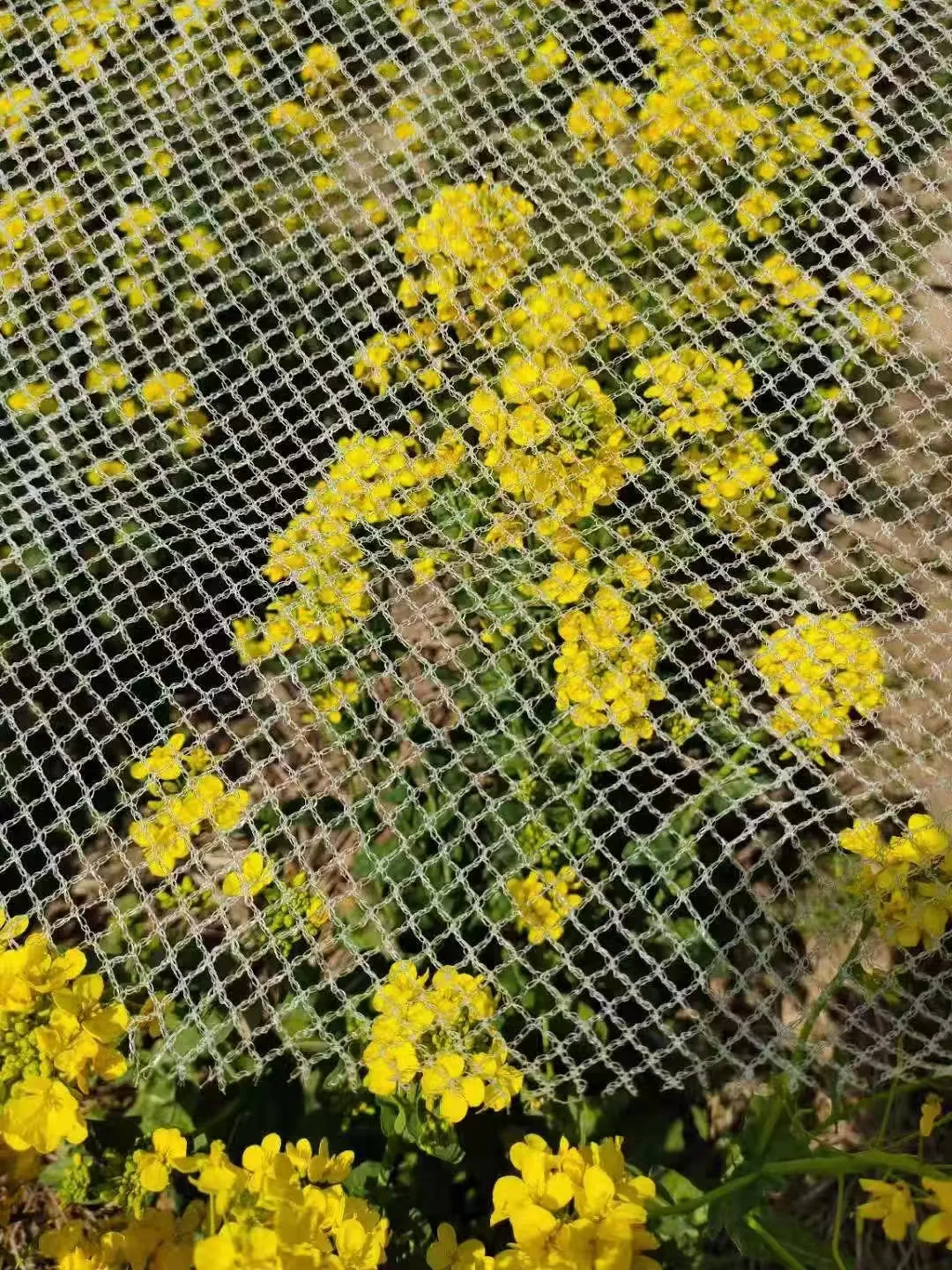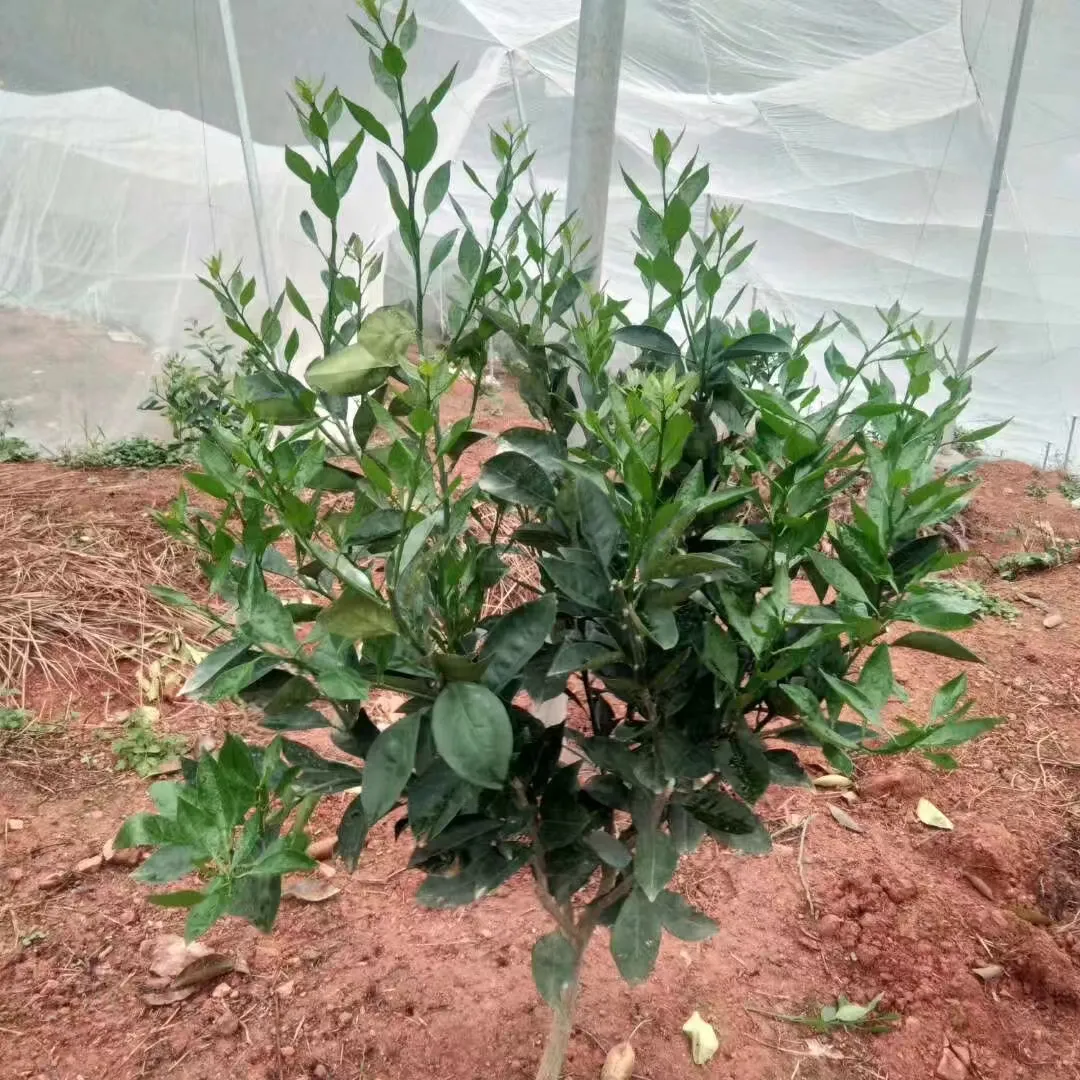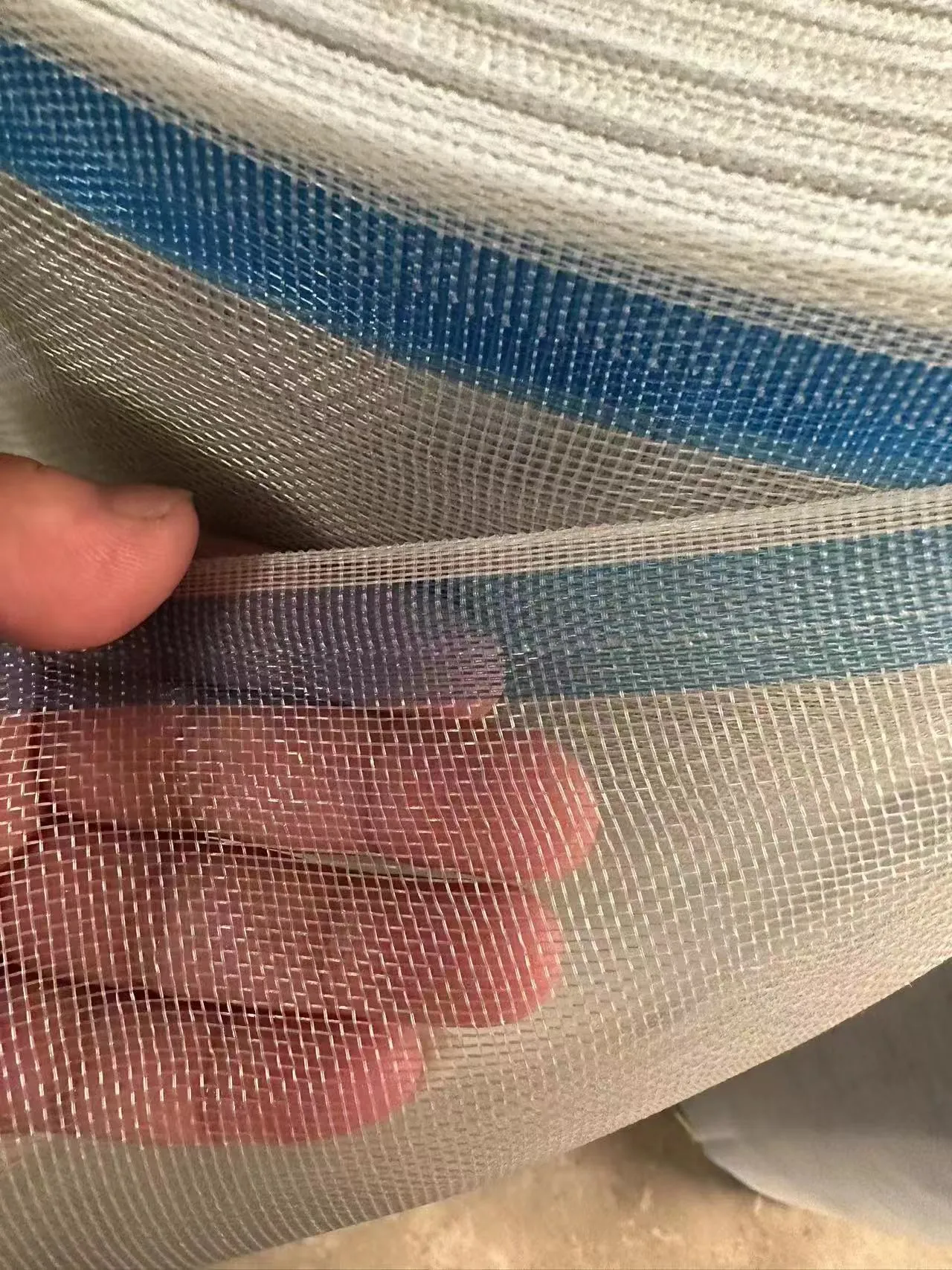The Role of Farm Netting in Protecting Crops from Extreme Weather
Farmers face numerous challenges when it comes to safeguarding their crops, with extreme weather conditions posing a significant threat. Farm netting serves as an essential tool in this battle, offering a shield against damaging winds, hail, and heavy rain. These protective nets create a barrier that minimizes the impact of harsh weather, allowing crops to grow without the stress of environmental disruptions. By employing farm netting, farmers can ensure that their crops remain healthy and resilient, leading to a more predictable and bountiful harvest.
Using Anti Bird Net for Agriculture to Prevent Crop Damage
Birds are notorious for causing damage to crops, especially during the fruiting season. Anti bird net for agriculture is a highly effective solution to this problem, preventing birds from accessing and damaging the crops. These nets are designed with a fine mesh that allows sunlight and air to pass through while keeping birds at bay. By implementing anti bird net for agriculture, farmers can protect their crops from birds, which ultimately leads to a higher yield and better-quality produce. This simple yet effective measure is essential for ensuring that farmers can enjoy the fruits of their labor without the interference of pests.
The Importance of Butterfly Proof Netting in Crop Protection
Insects, particularly butterflies and moths, can cause significant damage to crops by laying eggs that develop into larvae. Butterfly proof netting is a specialized form of anti insect net for agriculture designed to keep these pests away from crops. The fine mesh of butterfly proof netting prevents butterflies from reaching the plants, thereby reducing the chances of infestation. This type of netting is particularly useful for protecting crops such as cabbage, broccoli, and other leafy vegetables that are prone to caterpillar attacks. By using butterfly proof netting, farmers can maintain the health of their crops and reduce the need for chemical pesticides, leading to a more sustainable farming practice.
Enhancing Crop Health with Anti Insect Net for Agriculture
Insects are one of the biggest threats to crop health, as they can spread diseases and cause physical damage to plants. Anti insect net for agriculture is designed to protect crops from a wide range of insect pests, including aphids, whiteflies, and beetles. These nets are made from durable materials that can withstand harsh environmental conditions while providing an effective barrier against insects. By using anti insect net for agriculture, farmers can reduce the need for chemical pesticides, which not only benefits the environment but also produces healthier crops. Additionally, anti insect net for agriculture can help in maintaining the overall quality of the produce, making it more appealing to consumers.
The Role of Crop Net for Agriculture in Ensuring a Bountiful Harvest
Crop net for agriculture plays a crucial role in the modern farming landscape, offering protection against various environmental threats. These nets are versatile and can be used to safeguard crops from birds, insects, and even extreme weather. By utilizing crop net for agriculture, farmers can create a controlled environment that promotes the healthy growth of crops. This protection not only leads to higher yields but also improves the quality of the produce. Crop net for agriculture is an investment that pays off by ensuring that crops are well-protected throughout the growing season, leading to a successful harvest.
Integrating Farm Netting with Other Agricultural Technologies
While farm netting is highly effective on its own, its benefits are amplified when integrated with other agricultural technologies. For instance, combining farm netting with drip irrigation and precision farming techniques can create an optimized growing environment that maximizes crop health and productivity. Farm netting can also be used in conjunction with organic farming practices, reducing the need for chemical interventions and promoting sustainable agriculture. By adopting a holistic approach that includes farm netting and other advanced farming methods, farmers can enhance their crop protection strategies, leading to long-term success and sustainability in agriculture.
By incorporating crop net for agriculture, farmers can ensure that their crops remain healthy and productive. These protective measures not only lead to higher yields but also contribute to more sustainable and environmentally friendly farming practices.
-
The Versatility of Stainless Steel Wire MeshNewsNov.01,2024
-
The Role and Types of Sun Shade SolutionsNewsNov.01,2024
-
Safeguard Your Space with Effective Bird Protection SolutionsNewsNov.01,2024
-
Protect Your Garden with Innovative Insect-Proof SolutionsNewsNov.01,2024
-
Innovative Solutions for Construction NeedsNewsNov.01,2024
-
Effective Bird Control Solutions for Every NeedNewsNov.01,2024
















